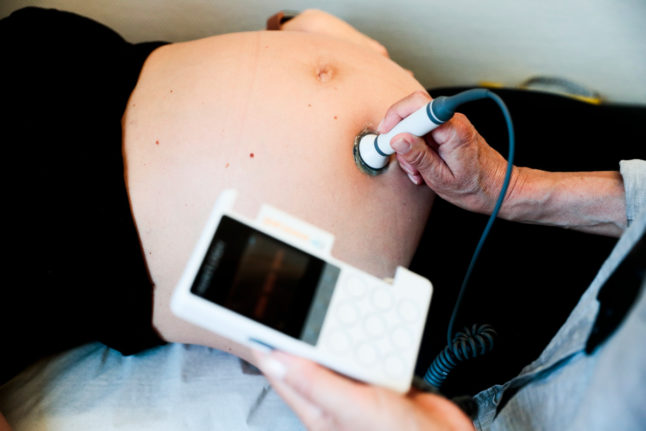The industrial action, launched by the Swedish Association of Health Professionals, kicked off at 4pm on Thursday.
The union represents nurses, midwives, biomedical scientists and radiographers.
Up to 63,000 union members are affected by the strike, which means that they are to refuse to work overtime or extra shifts, and that employers may not hire new staff as long as the action is ongoing.
EXPLAINED:
Managers are exempt from the strike.
“We haven’t had any unreasonable expectations. We want to be able to have the energy to work full time, we want sustainable schedules and four weeks of continuous vacation in summer. We want higher wages so that it’s equal,” union chair Sineva Ribeiro said earlier this month.
“During the pandemic we were called superheroes and went to work on our days off to save lives. We were applauded then, but today we have to choose between falling ill ourselves or reducing our hours to part time to be able to cope. At the end of the day, patients take the hit,” she added.
She said the workers they represent in total worked 3 million hours in overtime last year.
But negotiations with SKR (the umbrella organisation for Swedish regions) and employer organisation Sobona have failed to bring the parties closer together. Late on Wednesday the union and SKR and Sobona again rejected each other’s proposals and counter proposals.
Healthcare services are generally urging patients to turn up to scheduled appointments (although as healthcare is managed on a regional basis in Sweden, it may make sense to check with your healthcare provider), but warn that surgeries may have to be cancelled.
“There’s a risk that we will have to reduce our capacity for planned surgeries and you will be informed if your surgery is affected,” Region Sörmland writes on its website.
“We prioritise emergencies and healthcare that cannot wait without risking life or long-term health,” Region Halland’s healthcare director Martin Engström writes in a statement.
Region Kronoberg and Blekinge meanwhile warn of longer waiting times for test results.



 Please whitelist us to continue reading.
Please whitelist us to continue reading.
Member comments